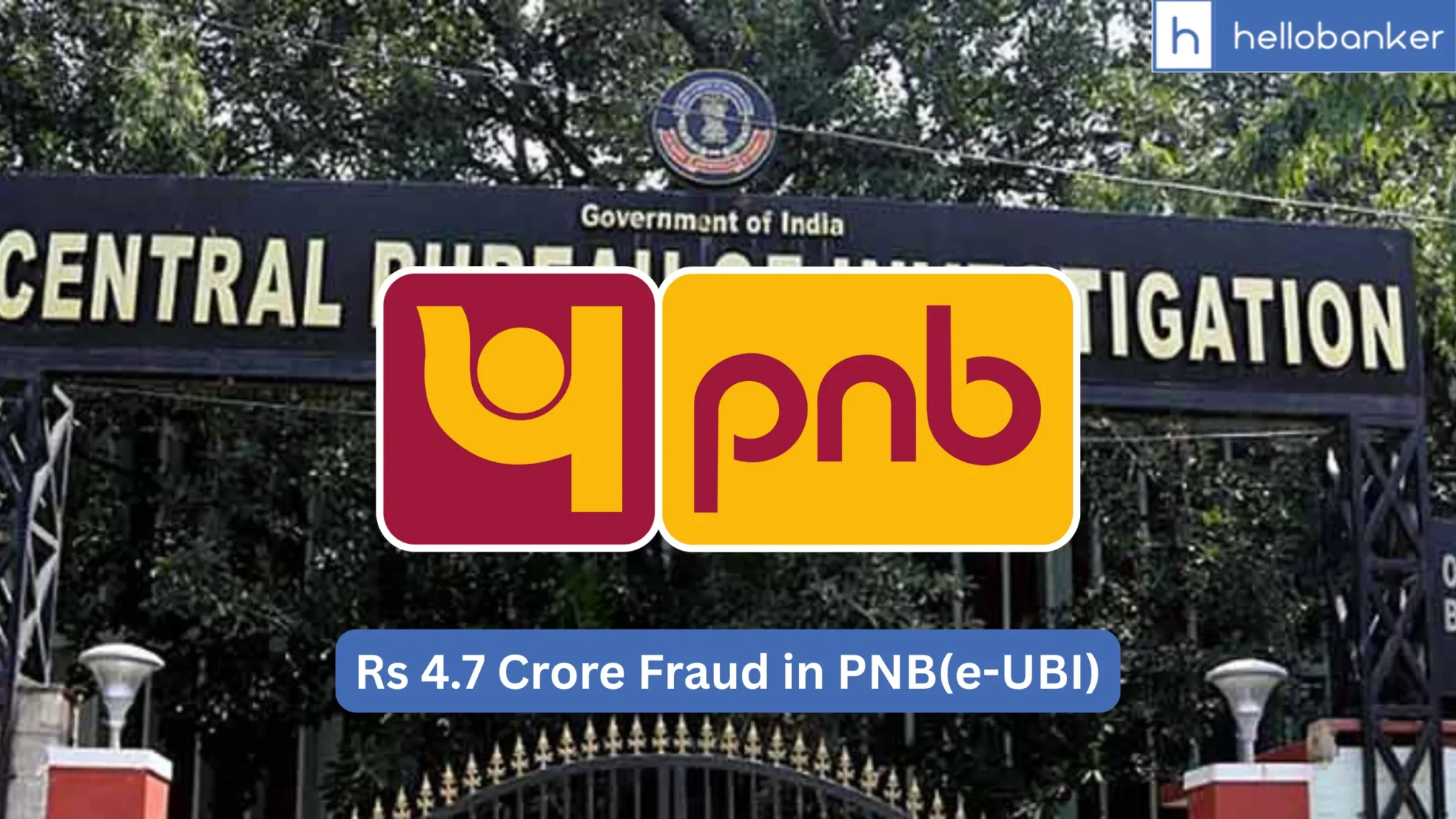Chennai: A recent court ruling has shed light on a significant banking fraud case, leading to the conviction of four individuals involved. The case, which was initially registered in 2007, highlights the complexities of fraudulent activities linked to the banking sector in India. The Central Bureau of Investigation (CBI) took action after a complaint from the United Bank of India, revealing a scheme that resulted in a colossal loss estimated at ₹4.7 crores to the bank.
Major Fraud Case Shakes Banking Sector
In a significant ruling delivered on August 28, 2025, by the Principal Sessions Judge at the CBI Court in Chennai, four individuals were prosecuted for their involvement in one of the largest bank fraud cases concerning the United Bank of India, which has since merged with Punjab National Bank (PNB). The court, after thorough examination, sentenced the accused to various prison terms and levied fines totaling ₹5,60,000.
The origins of this complex fraud date back to December 2007 when a complaint was lodged by the United Bank of India, alleging the involvement of M. Palanichamy, Managing Director of M/s. Galaxy Amaze Kingdom Ltd., along with three associates. They were accused of dishonestly obtaining large credit facilities from the bank through fabricated documentation. This process not only highlights the vulnerabilities in the banking sector but also underscores the importance of regulatory vigilance in preventing financial misconduct.
Details of the Conviction
The CBI initiated an investigation into the matter and filed a charge sheet by August 2008. The findings unveiled a network of deceit, with the total loss to the bank assessed at approximately ₹4.70 crore. Eventually, after a thorough trial, the court convicted four individuals. They were sentenced as follows:
| Accused No | Name of the Accused | Judgment |
|---|---|---|
| A1 | M. Palanichamy, Managing Director of M/s. Galaxy Amaze Kingdom Ltd., Chennai | Expired – Charges Abated |
| A2 | P. Parameswari (Private Person) | Acquitted – Not Found Guilty |
| A3 | M.P. Padmavathy Devi (Private Person) | 1 Year Imprisonment and total fine of ₹20,000 |
| A4 | M.P. Balaji Prakasam (Private Person) | 1 Year Imprisonment and total fine of ₹20,000 |
| A5 | M/s Galaxy Amaze Kingdom Ltd. | To Pay Fine of ₹5 lakh |
| A6 | P.G. Selvaraj (Private Person) | 1 Year Imprisonment and total fine of ₹20,000 |
The judgment reflects the court’s stance on financial crimes, signifying a robust attempt to hold accountable those who exploit the banking system.
Impact of the Verdict on the Indian Economy
Such fraud cases not only impact the concerned financial institutions but ripple through the entire banking network and, consequently, the Indian economy. With the potential for significant financial loss, both banks and consumers face repercussions. For instance, fraudulent activity can lead to tightened lending criteria, which may hinder the ability of legitimate borrowers to secure loans.
This case serves as a cautionary tale about the necessity for stringent verification and auditing processes within the banking system. Enhanced measures can bolster trust and ensure stability in the sector, ultimately contributing positively to the nation’s financial health.
Preventing Future Banking Frauds
While this case has come to a close, it opens the door to discussions about how banks can protect themselves from similar issues in the future. Implementing advanced technology, such as AI and machine learning algorithms, could help detect anomalies in loan applications and financial transactions.
Additionally, fostering a culture of transparency within financial institutions can empower employees to report suspicious activities without fear of retaliation. The banking sector in India is continuously evolving, and as fraudulent tactics become more sophisticated, so must the methods for safeguarding against them.
In conclusion, while the recent verdict offers a measure of justice, it also raises critical questions regarding the integrity and resilience of the banking sector in India. The focus now should be on learning from such incidents, strengthening systems to prevent similar occurrences, and maintaining investor confidence in the Indian economy. With ongoing vigilance and reform, the banking sector can work towards a more fraud-resistant future, ultimately benefiting consumers and ensuring economic stability.
Bankerpedia’s Insight 💡
The recent conviction in the ₹4.7 crore fraud case involving the former United Bank of India underscores the persistent vulnerabilities in India’s banking sector. Although the legal outcome signals accountability, it also highlights the importance of rigorous compliance and bolstered fraud prevention measures. For both banks and customers, embracing transparency and enhancing due diligence can mitigate future risks. This case serves as a reminder that financial institutions must remain vigilant to protect against deception, ultimately fostering a safer banking environment for all.
How Does This Affect the Banking Ecosystem? 🏦
- Bank Employees → Increased scrutiny and pressure for ethical conduct.
- Bank Management → Increased scrutiny and risk management for bank operations.
- Bank Customers → Bank customers may face tighter security and scrutiny.
- Investors / Shareholders → Increased scrutiny and potential instability in bank investments.
- Regulators (RBI, SEBI, Govt.) → Increased scrutiny and regulatory measures in banking sector.
- General Public → Increased trust in banking system after legal accountability.
Research References 📚
Loved our Research? ❤️
Bankerpedia turns financial confusion into clarity!
Subscribe to our YouTube channel for unbiased insights, financial literacy & practical banking wisdom.










